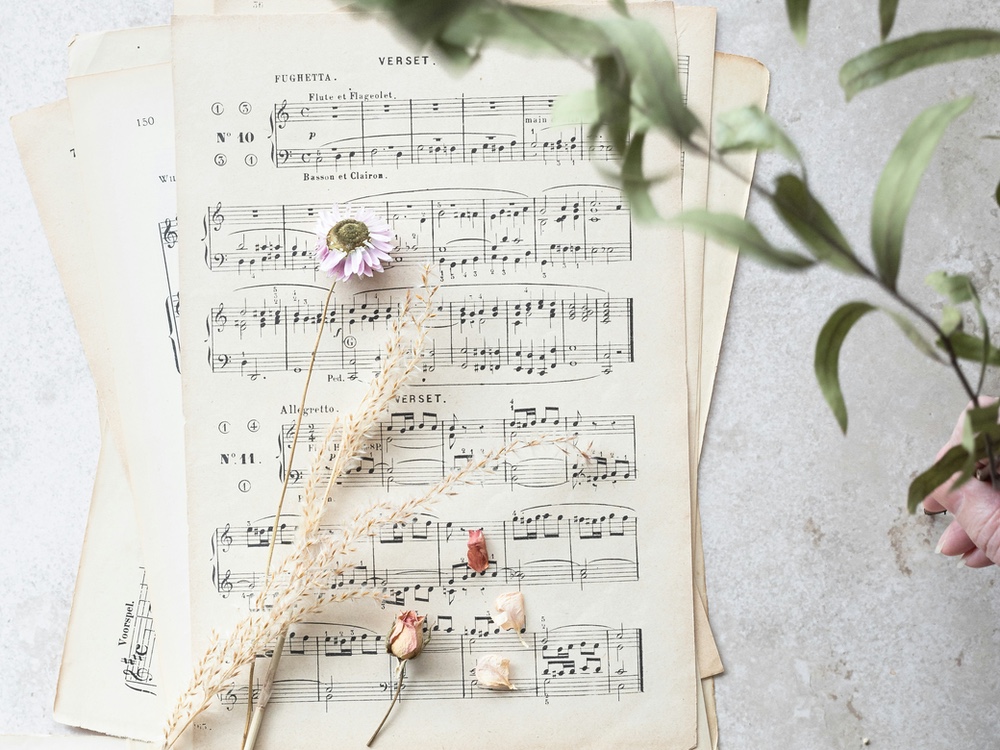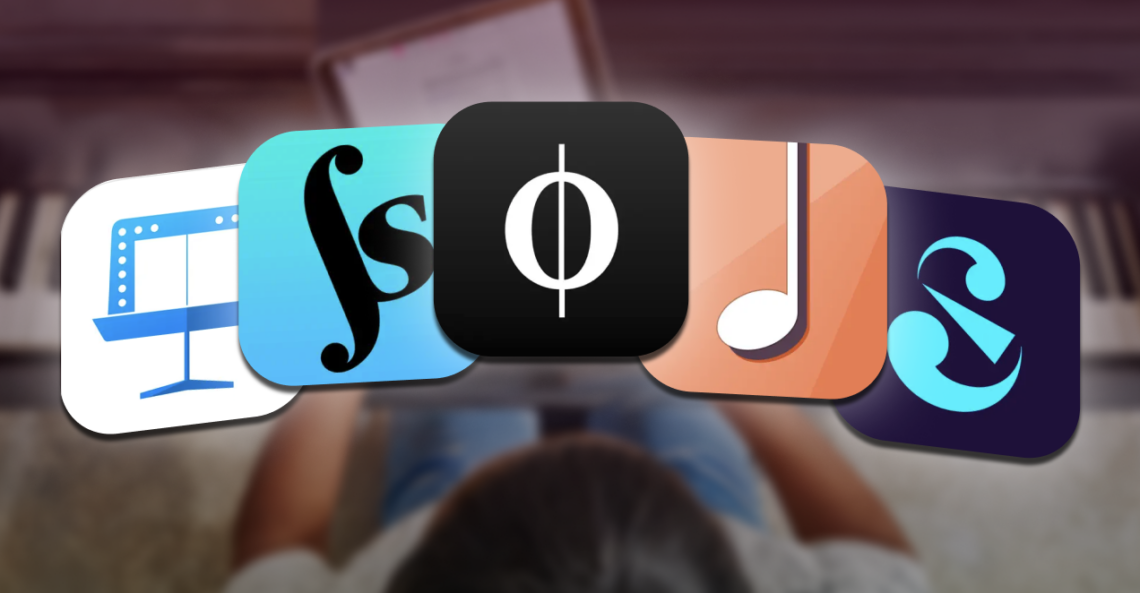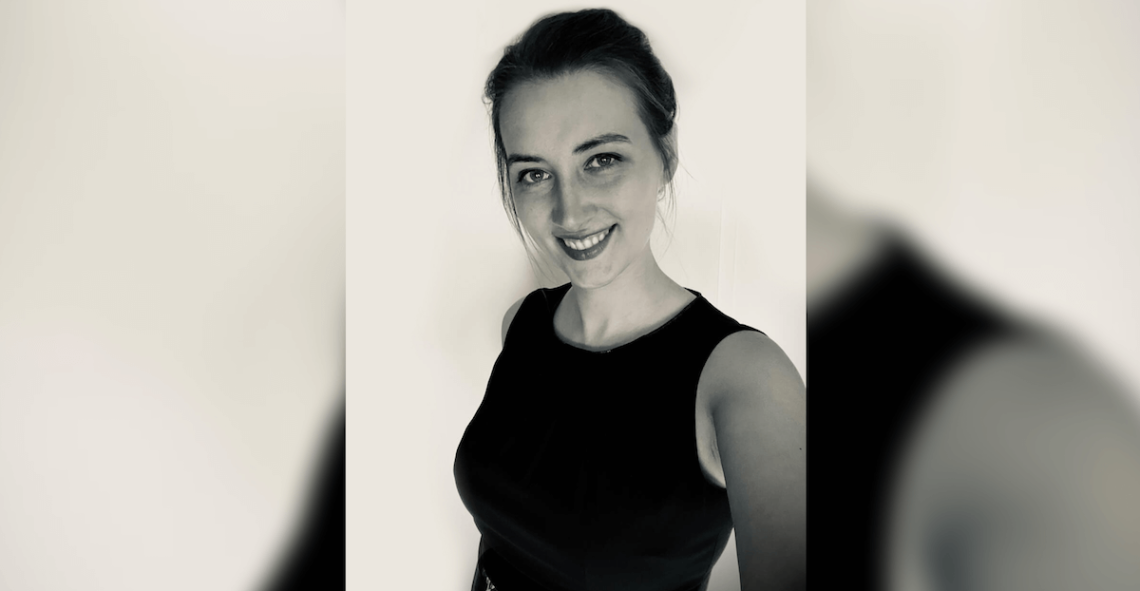Interested in knowing, how long it takes to learn piano? And furthermore, what it takes to become a real pro? For sure you’ve heard, that the piano is among the most difficult instruments to play. But it’s always about the first step: getting started. And then it depends whether you want to learn a single song or become the next piano maestro. Read on to find out, how you can plan your practice to reach your goals. And of course you’ll find out how long it takes until you are at the standard of piano playing you desire.
What’s Your Goal on the Piano?
Perhaps you are interested in learning the piano and are thinking to yourself: “How long does it take to learn the piano?” or “How long will it take until I can play that favorite piece of mine?” Perhaps you have already started learning the piano and are quite frustrated with the speed of your advancement.
Learning the piano will not happen overnight. For most of the people, it takes a number of years as it can be a lengthy process. However, it is also incredibly rewarding! Because actually playing the piano is a wonderful skill to have. So try to enjoy the entire process, even if you feel like you are not learning fast enough!
It is difficult to say exactly how long it takes and perhaps one answer is that it will take a lifetime as you can always learn new tricks and pieces no matter how advanced you are! But we fear, that’s not what you wanted to hear. So we know that this is not the most helpful answer (and we’ll give a better one).
Indicate Your Desired Skill Level
At OKTAV we have broken down everything we know about piano skills into difficulty scales. This will help you locate the level at which you are (and find suitable sheet music for it) and what it would take to move on to the next level.
Let’s first look at the various levels that we have set along a scale of 1-100:
- Beginners: 10-30
- Ambitious: 40-60
- Advanced: 60-80
- Virtuoso: 80-100
Beginner Level: Play Basic Tunes and Chords on the Piano
This level will range in skills from beginning to play one-handed tunes, to then playing with your two hands together. Usually, at this level you can play basic tunes and add simple two-note chords to the music as well. At this level, your main goals should be your hand/eye coordination in terms of playing both hands together and playing the range of chords that you have been set. This is one of the most exciting times of learning the piano as everything is new and you are gaining so many skills in such a short period of time. You should be proud of what even seems like small progressions!
In order to move on to the Ambitious level at a higher pace, it would be worth practicing a variety of songs to expand your musical knowledge. You should also start learning the scales out there to understand the music you’re playing – both in theory and practice. This will help tremendously with the flexibility in your fingers and developing the muscle memory needed to advance. If you are one of those learners that would love to move past the Beginners stage as quickly as possible, don’t fear! With quality piano practice that includes focus and challenges, you can expect to move past this level within a year. Remember, if you do not progress as quickly in a year, do not give up! Everyone works at their own speed and this time frame is just an approximate time given. It should not be used as a definite cut off point! Don’t forget to improve your ability to read sheet music at this stage.
There are some great songs that you can play at this level to increase your musical repertoire. Check out Amazing Grace and Almost Lover.
Ambitious Level: Challenge Yourself
Well done for moving past the beginner’s stage! At the next level, which we classify as Ambitious and between 40 and 60, you should be comfortable with playing most of the scales. And you should be able to play them from memory through all octaves. Push your self to stretch your fingers more, to practice large jumps in some music (and big chords). When you are at this level you should be challenging yourself to memorize songs as well and play them over and over. This will help a lot with developing vital muscle memory.
You can start to learn more difficult arrangements now including songs that you are currently listening to. If you want to make further progress fast to move to the advanced level you require about more time (compared to leaving the beginner stage). It can take a number of years, depending on the person and what their lifestyle is like. Again: Do not be disheartened if you feel you are spending too much time at this point. and remember that learning the piano is about enjoying the process, not just achieving milestones! An approximate time frame that many people spend learning at an ambitious level is 2-4 years.
If you need some inspiration finding songs for this level, check out Imagine by John Lennon or choose River Flows in You by Yiruma which is a little more advanced. It will certainly impress your friends!
Advanced: Develop an Artistic Expression
At the advanced level between 60 and 80 your own artistic expression has been developed. You will be comfortable playing numerous octaves, chords, and jumps. Depending on your teacher (and most people require one to get to this level) you have probably also developed a high flexibility in improvising. You should be pushing yourself now, to learn more complex harmonies at this level and improve your fluidity.
Ensure that you are pushing yourself in terms of the speed at this level. To practice this, you should use a metronome. Begin at a speed which is very comfortable for you, working your way up to a much faster pace. But, be careful! Always ensure that you are correcting mistakes made before moving up in speed. Again, thinking about how long it takes to improve on the piano when you are at the advanced stage already is very dependent. Many people don’t even reach this level, so you should applaud yourself if you are already there! Life can get in the way of learning the piano sometimes, but as long as you stick with it and are loving the learning period, you will continue to reap the rewards! The learning period of this level can be anywhere from 5 to 10 years.
If you’re searching for some music to practice at this level check out the Prelude in C Sharp Minor by Rachmaninow.
Become a Virtuoso
If you have reached a level higher than 80 you’re close to the top. And you are part of an exclusive club of people that have put years of practice into their passion. At this level you can play almost everything at great speed with an intriguing depth of musical understanding and intuition. Your own musical style will be flourishing when you play pieces at this level. Don’t think that just because you are at the Virtuoso level you have finished learning the piano.
Stay curious about learning the piano with every new song
There will always be more to learn, including new chords, new harmonies, and even experimental music! Learning the piano is a lifelong commitment.
For a piece that will really impress your friends and family with your amazing piano skills, why not try Chopin’s Prelude in F-sharp Minor, Op. 28 No. 8. It will blow your mind.
Take the First Step: Let’s Start to Learn Piano
We hope that this has shed some light on how long it takes to learn the piano. The main takeaway from this should be: Time is not your main focus when learning the piano! Learning a skill such as this takes time, and if you are constantly worried about how long it will take you to get to a certain point, you are missing out on all the wonderful things that learning the piano can give you.
As long as you are practicing with a clear and focused mind, you will be making the advancements at the perfect timing suited to you and your skills. Remember: Enjoy the process of learning the piano, and you will gain so many rewards that you won’t even be thinking about how long it’s taking!



